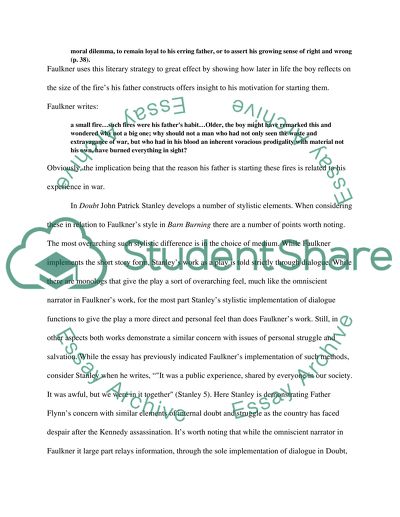Cite this document
(“William Faulkners Barn Burning Essay Example | Topics and Well Written Essays - 1500 words”, n.d.)
Retrieved from https://studentshare.org/literature/1424113-william-faulkners-barn-burning
Retrieved from https://studentshare.org/literature/1424113-william-faulkners-barn-burning
(William Faulkners Barn Burning Essay Example | Topics and Well Written Essays - 1500 Words)
https://studentshare.org/literature/1424113-william-faulkners-barn-burning.
https://studentshare.org/literature/1424113-william-faulkners-barn-burning.
“William Faulkners Barn Burning Essay Example | Topics and Well Written Essays - 1500 Words”, n.d. https://studentshare.org/literature/1424113-william-faulkners-barn-burning.


